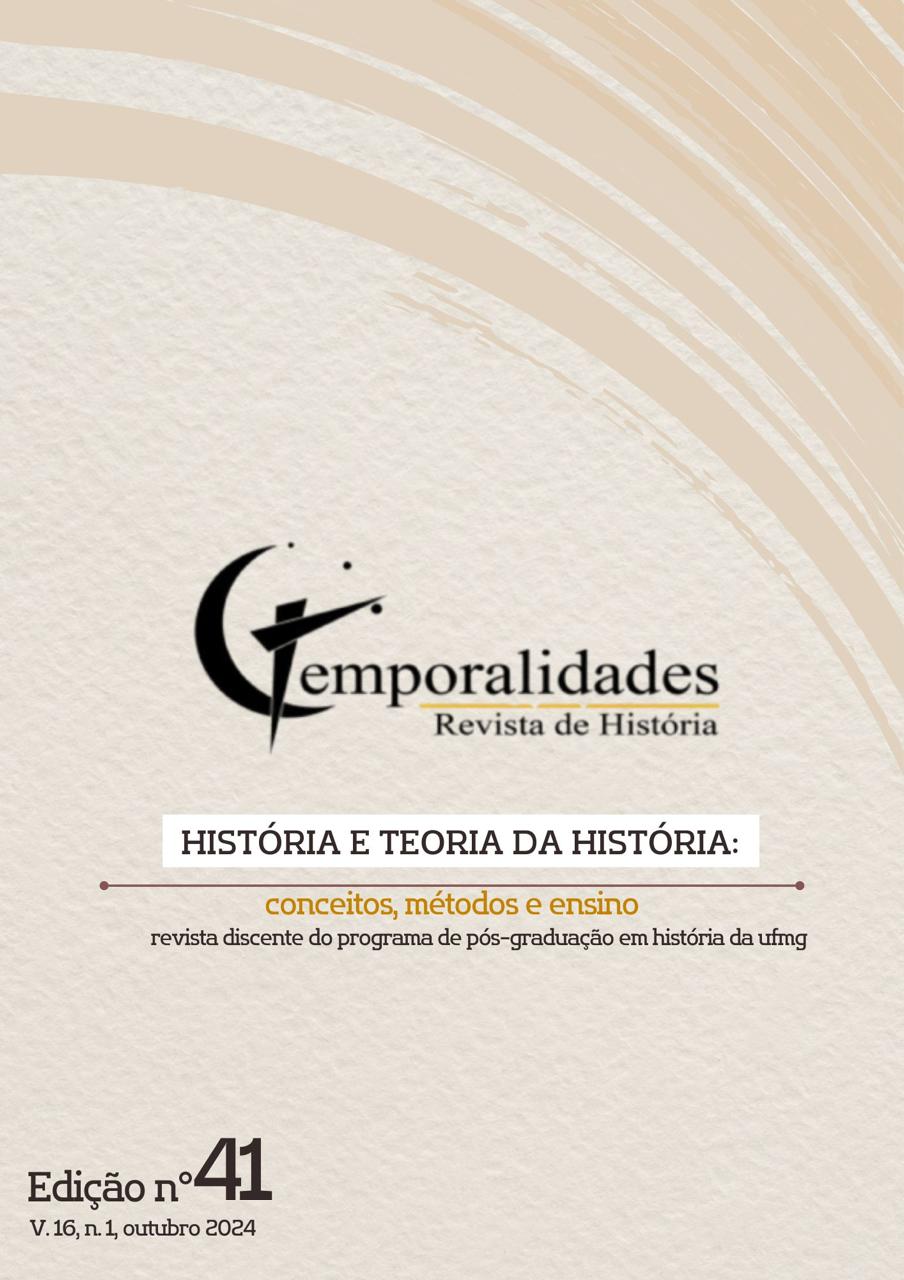Land reform and Brazilian agrarian thought in the 60s
an analysis based on Antonio Callado, Caio Prado Júnior and Fernando Ferrari
Abstract
In the middle of the 20th century, Brazil had a great intellectual production that was concerned with the agrarian issue in the country, mainly, ways to overcome pauperism in the countryside. Among the proposals for transforming rural areas, land reform stood out, after all, large estates were considered one of the evils responsible for the backwardness of the countryside. Among the intellectual production of the time, three authors stand out, Caio Prado Júnior, Fernando Ferrari and Antonio Callado, who, in their peculiarities, thought of ways to implement land reform in Brazil. Although the authors share the premise of agrarian reform with a distributive sense, each will address the topic with their own perspectives. Caio Prado suggested the use of land already occupied by workers in partnership systems as the focus of the reform, Antonio Callado from agrarian cooperatives and Fernando Ferrari, through specific legislation, the Rural Worker Statute. In view of this, the agrarian issue in the 1960s in Brazil was highlighted in a discussion that produced numerous studies and enabled different paths to carry out a distributive land reform in Brazil.
Downloads
Downloads
Published
Issue
Section
License
Copyright (c) 2024 Renan Vinicius Magalhães

This work is licensed under a Creative Commons Attribution 4.0 International License.
O(A) autor(a), para fins de submissão à revista Temporalidades, deve declarar que o trabalho aqui submetido é de autoria do mesmo e nunca foi publicado em qualquer meio, seja ele impresso ou digital.
O(A) autor(a) também declara estar ciente das seguintes questões:
Os direitos autorais para artigos publicados na Temporalidades são do autor, com direitos de primeira publicação para o periódico;
Em virtude de aparecerem nesta revista de acesso público, os artigos são de uso gratuito;
A revista permitirá o uso dos trabalhos publicados para fins não-comerciais, incluindo direito de enviar o trabalho para bases de dados de acesso público.
A Temporalidades adota a licença internacional Creative Commons 4.0 (CC BY).











